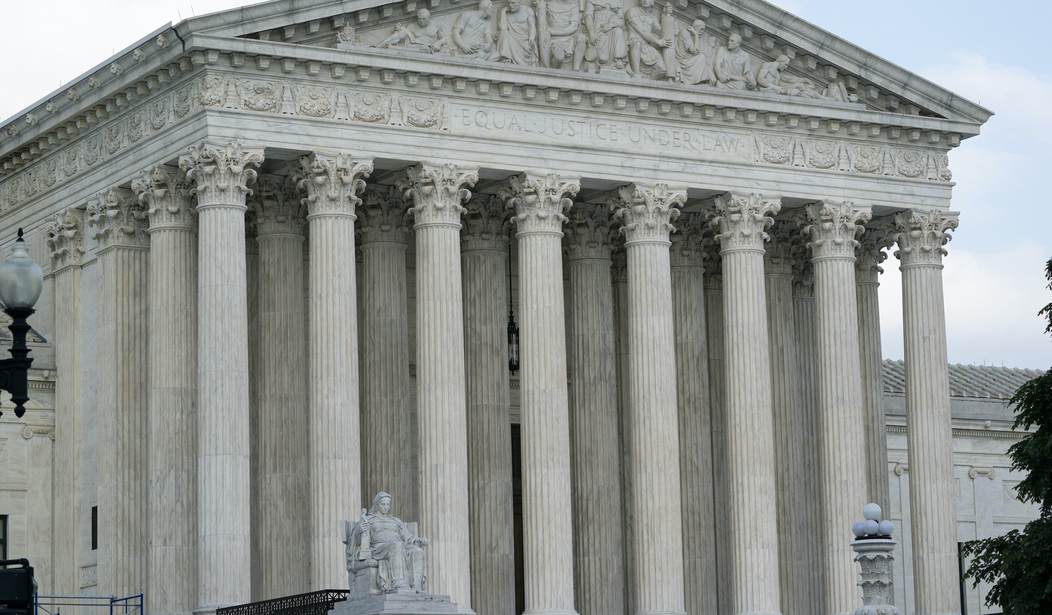This being a holiday week, the Supreme Court didn’t hand down any substantive opinions Tuesday. They did, however, issue an Order Tuesday afternoon granting the application of two tech industry groups to vacate a stay put in place by the Fifth Circuit Court of Appeals of the U.S. District Court’s preliminary injunction which prevented Texas’ recent social media law from taking effect.
That’s a lot of procedural information to unpack. In a nutshell, in September 2021, Texas Governor signed into law HB 20, which prohibited large tech companies (those with over 50 million monthly users) from blocking or restricting users or posts based on political viewpoint. NetChoice and the Computer & Communications Industry Association filed suit challenging the law on First Amendment grounds.
In December, Judge Robert Pitman of the U.S. District Court for the Western District of Texas granted a preliminary injunction enjoining Texas Attorney General Ken Paxton from enforcing the law against the two groups and their members. Texas appealed the case to the Fifth Circuit Court of Appeals and requested a stay of the District Court’s Order pending resolution of the case on the merits. In May, the Fifth Circuit granted that request, thus allowing the Texas law to go into effect.
The tech groups then filed an application with the Supreme Court asking that the Court vacate the Fifth Circuit’s stay of the District Court’s Order (the preliminary injunction), and the Court granted that application, meaning the preliminary injunction goes back into effect, and the law cannot be implemented while the merits of the law are litigated.
The net effect of all of this is that the law is in a holding pattern while its constitutionality is sorted out in the lower courts. In all likelihood, the Supreme Court ultimately will be reviewing the law on the merits, but the law will not be enforced while that is being determined.
While the Court’s Order itself is quite brief (five lines), Justice Alito filed a formal, six-page dissent, in which Justice Thomas and Justice Gorsuch joined. Interestingly, Justice Kagan, while not formally joining in the dissent, indicated she would deny the application, as well (thus allowing the law to go into effect while the merits are litigated). Justices in the majority on this one included Chief Justice Roberts, Justice Kavanaugh, Justice Sotomayor, Justice Coney Barrett, and Justice Breyer.
Here's the court's brief order blocking Texas from implementing the law for now, with a six-page dissent from Alito: https://t.co/nb2YE3JWJX
Note that Kagan did not sign onto Alito's dissent, though she indicated that she would have allowed the law to take effect.
— SCOTUSblog (@SCOTUSblog) May 31, 2022













Join the conversation as a VIP Member